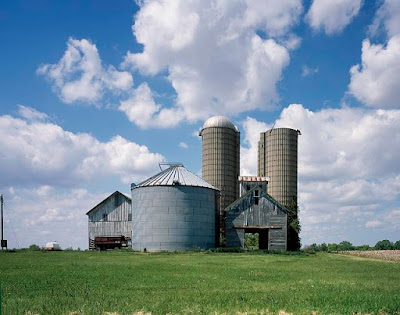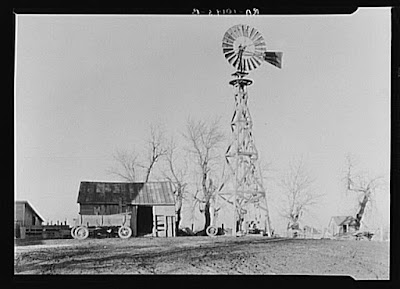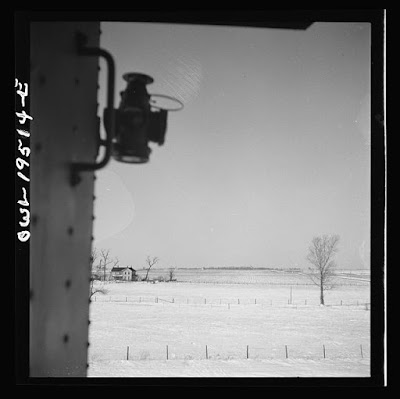 |
| Are you sharing your society's Regina-like experiences? |
Recently on our
Facebook Page, we shared a heartwarming story about a librarian, named Regina Rush, who had found out more about her family history by using primary source materials. (
Librarian Finds Clues About Her Family's Past Hidden in Special Collections)
Seems like just another day for a genealogist or family historian, doesn't it?
So why did it have so much favorable engagement on Facebook?
Besides the fact it is a well-written piece, I believe it did so well because as genealogists and family historians, we could all relate in some way. We either have been Regina or we want to be Regina (again). We have either experienced research success like Regina's success or we want to (again).
And by the end of the piece when Regina is quoted as saying about her ancestors, "'
They didn’t have a voice and I want to give it to them. I want to say, ‘You lived, you were here, and your life mattered.’ It matters to me. Your DNA runs through me and I am who I am because of you,'” we are shaking our heads in affirmation and saying to ourselves, "Yes. Exactly!"
So, society/association leaders, what does this have to do with your genealogical society, historical society, or family association? Libraries and archives too?
Well, everything.
I read a lot of society/association newsletters, journals, websites, Facebook pages, Twitter feeds, etc., in order to stay on top of our members' educational activities, fundraising efforts, preservation projects, and services.
And in doing so, I see a lot of reporting and sharing of curated content about what other entities are doing and not a lot about what the organizations themselves are doing and the impact they are making by helping researchers just like Regina.
And it is not because these organizations are not providing opportunities ripe for Regina-like experiences. Because they are. They most certainly are. They're just forgetting to share it with their members and the world.
And that's a shame because genealogists and family historians can relate to the successes that other researchers are having in some way. It gets them excited. It gets them motivated.
And it may even get them to the organization's next event or webinar.
Sharing your organization's Regina-like experiences everywhere (website, blog, newsletter, Facebook Page, Twitter account, and Pinterest account) can make a lasting impression with your members, your potential members, your donors, and your patrons.
And stories like these are your organization's stories.
Tell your organization's story.
Because Regina's success is everyone's success.
And to borrow broadly just a bit from Regina...
Your organization lives. It's here. It matters to the genealogical community. And the community is what it is because of your organization.








